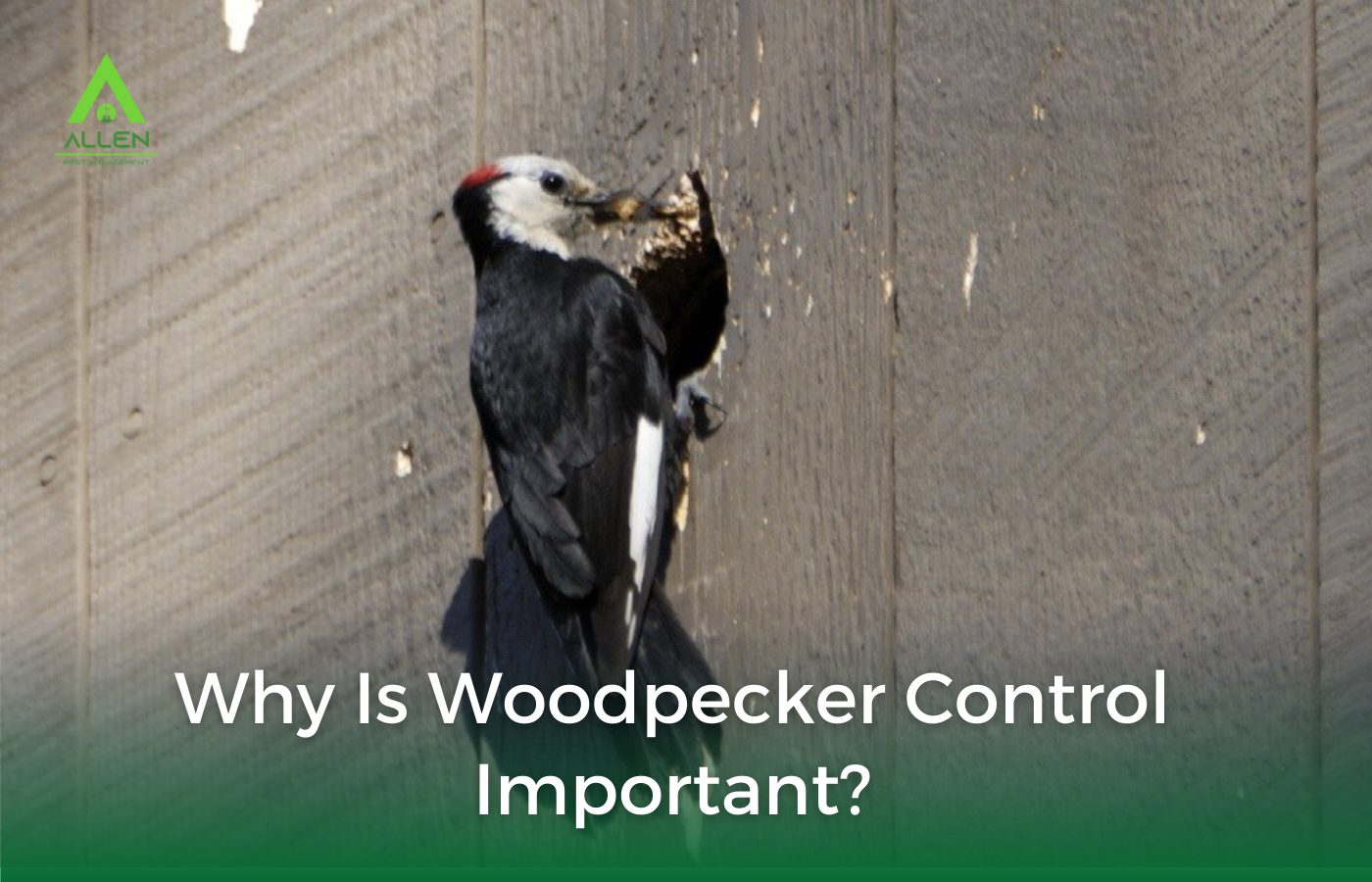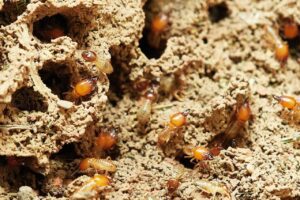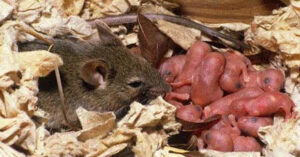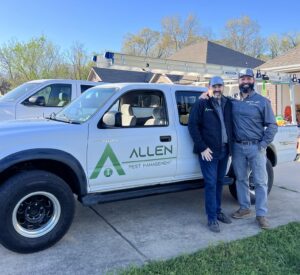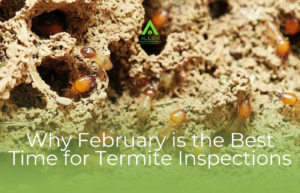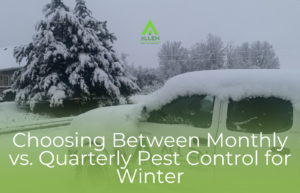Woodpeckers are interesting birds because they peck a lot. They are important in nature but can cause issues for people with houses and gardens.
When woodpeckers decide to make your property their home or feeding ground, they can cause significant damage. This blog post talks about why it’s important to keep the number of woodpeckers low to keep your trees healthy and your property safe.

The Role of Woodpeckers in Nature
A woodpecker is a bird distinguished by its habit of pecking at wood to find insects, create nests, and communicate. These birds are very important as they help control bugs and make forests healthy.
Woodpeckers are found globally and are known for their strong beaks and drumming sounds. They are good for nature, but sometimes they can damage wooden buildings.
Why Woodpecker Control is Essential
Protecting Your Trees
Woodpeckers peck at wood to find insects, create nesting sites, or communicate with other woodpeckers. This behavior can harm trees, leading to:
- Holes in Trunks: Large holes weaken tree structure.
- Increased Disease Risk: Open wounds on trees can be entry points for pests and diseases.
Safeguarding Your Property
Woodpeckers don’t limit themselves to trees. They often peck at wooden structures on properties, causing:
- Damage to Homes: Siding and wooden beams can suffer.
- Noise Issues: Their constant pecking can be disruptive.
Preserving Natural Balance
While woodpeckers are part of the ecosystem, an imbalance can lead to:
- Overpopulation: Too many woodpeckers can make them fight more for food and places to live.
- Habitat Damage: Excessive pecking can harm more trees and wooden structures.
Balanced control measures support both woodpecker populations and their habitats.
How to Achieve Effective Woodpecker Control
Using Visual Deterrents
Simple visual deterrents can discourage woodpeckers from targeting your property without harming them:
- Reflective Objects: Hanging CDs or reflective tape can scare woodpeckers away.
- Fake Predators: Models of owls or hawks can deter woodpeckers.
Providing Alternative Food Sources
By offering woodpeckers a more accessible food source, you can draw them away from your trees and home:
- Suet Feeders: These provide a preferred food source for woodpeckers.
- Insect Management: Reducing insect infestations can lessen woodpecker activity.
Repairs and Prevention
Maintaining your property can make it less attractive to woodpeckers:
- Fill Holes Promptly: Repairing holes in trees and wooden structures discourages further pecking.
- Insect Control: Keeping insect populations under control reduces food sources for woodpeckers.
Balancing Woodpecker Control with Wildlife Conservation
Woodpecker control is more than just protecting your property; it’s about maintaining the balance between human spaces and wildlife. By knowing why woodpeckers act the way they do and using kind ways to control them, people can stop damage but still enjoy these amazing birds from far away. We should keep in mind, we want to live with nature while making sure our homes and the environment are safe.At Allen Pest Management, we understand the balance between human needs and wildlife conservation. If woodpeckers are a problem, our team can help nicely and wisely. We use expert knowledge and use safe ways to keep your place safe without hurting nature. Contact Allen Pest Management today for a consultation, and let us help you maintain a harmonious environment at your home.

